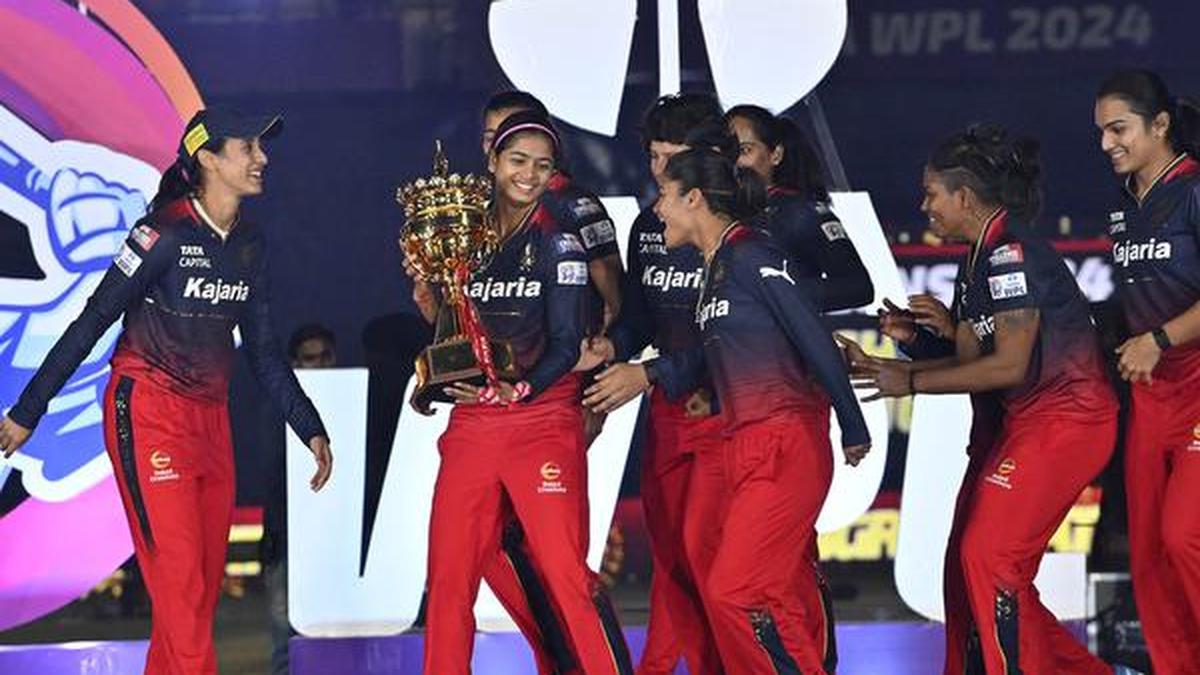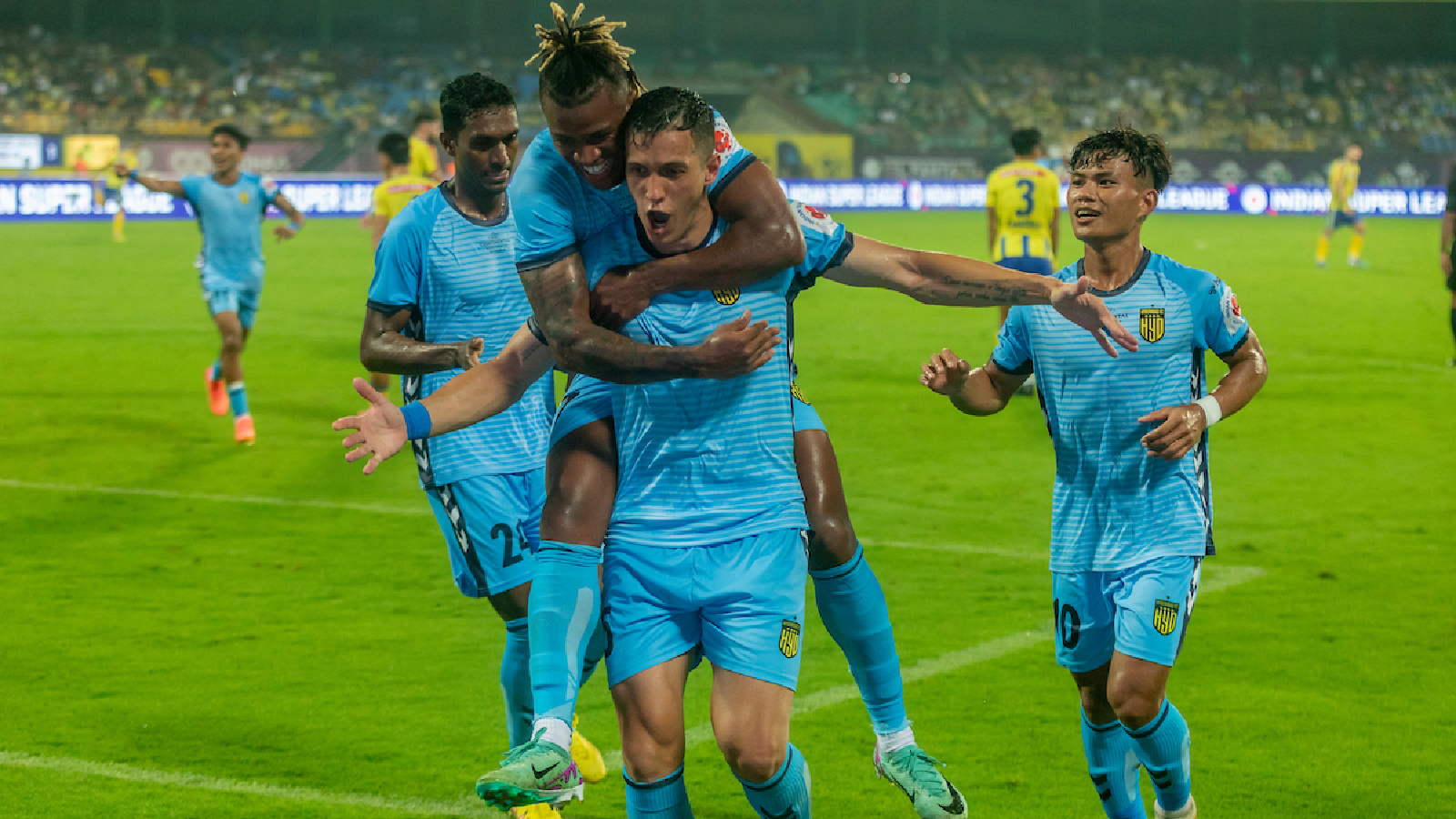It was the most familiar sight in Brazil’s dugout through much of the 90s and 2000s. A short and sagely grandfatherly figure with gold-tinted spectacles and a shining head, he would prance beside the touchline, bend and kneel over, as if to discover a hidden lock to unlock another dimension of the game. With a grin and twinkle in his eyes, he would walk back to the dug-out, whisper something in the ears of the assistant, and repeat the circle. He was Mario Zagallo, Brazil’s original World Cup man, who died last Friday.
He would have loved the alignment of the date of his death—January 05, 2024, though it was only a day later that his family announced his death. The sum of the numbers is 13 (5+2+2+4), his favourite number. He wore the superstitious No.13 shirt, made his most famous assist (after dribbling past five defenders to set up Vava) in the 1962 semifinal against Chile, with 13 minutes remaining on the clock. “It started with my wife. She is a devotee of St Anthony, whose birthday is on June 13,” he would explain.
He got married on the 13th, loved players and words with 13 letters too.
The quirks and idiosyncrasies are part of what made him an endearing figure in Brazil. No one is as decorated as Zagallo is in Brazilian football or even in world football—twice he won the Cup as a player, twice from the touchline too (in 1970 as manager and 1994 as assistant manager), besides managing them in 1998 and 2006 World Cups. He has played alongside the best of Brazil; he has coached the best too. With his passing, Brazil has lost a link between generations.

His influence as a player in World Cup triumphs is often understated. An industrious left-winger, he intentionally chose to be pragmatic so that the true romantics around him could spread their colourful feathers. He was the man of craft behind the men of art. When the vaunted forwards overloaded, he would quietly slip back and join the thin midfield to screen the backline.
Hence, he got the name Little Ant. Even his choice of position bore from practicality. “I saw it would be hard to get into the Brazil side wearing the No 10 shirt as there were lots of great players in that position,” he once told FIFA.com. “So I moved from left midfield to left wing.”
His career in football, too, was accidental. He wanted to become a pilot, but he failed the test because of poor eyesight. He took up a course in accountancy, and in spare time started playing football. The ambition to represent his country came during the Maracanzo, that watershed game between Brazil and Uruguay in the 1950 World Cup. He was a soldier at the stadium, and watching the defeat, he wowed to redeem his country. Throughout his career, throughout regime changes, he remained committed to the footballing cause of his country. “I was a soldier and would always be one,” he would once say.
He had a way with words, and his quotes would remain immortal. After winning the COPA in 1997 against the odds, he said: “You will have to put up with me.” It’s a sentence several politicians of the country would repeat over the years after upset victories. He would also utter the lines that capture the burden of being Brazil’s coach: “the population of his country was 150 million, and therefore there were 150 million who regarded themselves as the national team’s soccer coach.” Or, “Brazil is a factory that makes great players, more than any other country, consistently. I like to make a joke: it’s because Brazilian men and Brazilian women are really good at it – you know what I mean – that so many players are born.”

His patriotism passed the first test when he was summoned to coach the team just eight weeks before the 1970 World Cup after incumbent Joao Saldanha was considered too leftist for Brazil’s military government and was removed from his post. Saldanha, apparently, had wanted to bench Pele too, and there were rumours of a divided team. Zagallo’s appointment drew criticism, more so after he shifted the fabled all-attack 4-2-4 to a less magical 4-5-1. “There was no way we were going to win with that expansive style. We were too open for countries,” he would later reflect. It was here that the journey from Little Ant to Old Wolf began.
He overhauled the backline, thrust the under-used Rivelino into his own old role as a false left-winger and reintegrated Tostao as the lone forward, with Pele and Co pulling strings behind him. He also brought a tough physical trainer Claudio Coutinho, who “beat them to the pulp” to the peak of physical fitness. It helped dealing with the higher altitudes and searing summer heat of Mexico. Brazil won the World Cup, with the perfect balance of style and steel. They would never touch the high notes.
A less romantic side reached the 1974 semifinal, though Zagallo believed that his side would have defended the title but for Pele’s insistence to retire after the 1970 edition and fly to the USA to play for Cosmos. Even years later, he still fumed: The decision to opt out of the national team is not one I would make.”
But the nation forsook him for more stylish coaches, he landed in the Middle East, shaping the football cultures of Kuwait, Saudi Arabia and UAE. To end a 24-year trophy, they summoned him again, in 1994 as the assistant to Carlos Albert Parriera. The side achieved the end, but often by eschewing attacking idealism for defensive rigour.
Given full charge of the team, he would re-instill some of the lost romance, by polishing uncut diamonds like Ronaldo and Rivaldo, the architects of the 2002 triumph, the last of Brazil’s five titles, though he was no longer the manager. He would return for the 2006 edition, but succumbed to the magic feet of Zinedine Zidane in the quarterfinals. He would emotionally debunk the beautiful losers idealism: “It’s not worth playing beautifully and losing. I want to play ugly and win. I want to play beautifully and win. The important word is ‘win’. There is no point playing beautifully and not getting anywhere. What history remembers is results. Nothing more.” And history would remember Zagallo as a winner, a winner unmatched in the game, and the one who found the perfect balance between flair and function.







